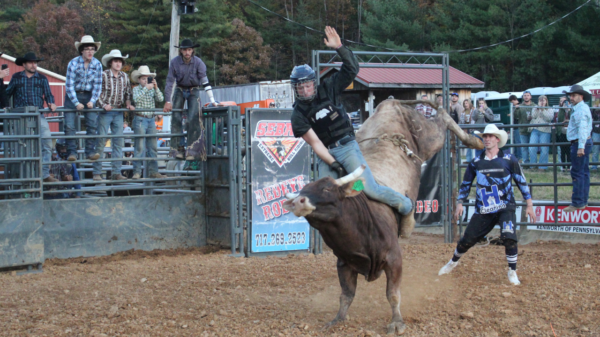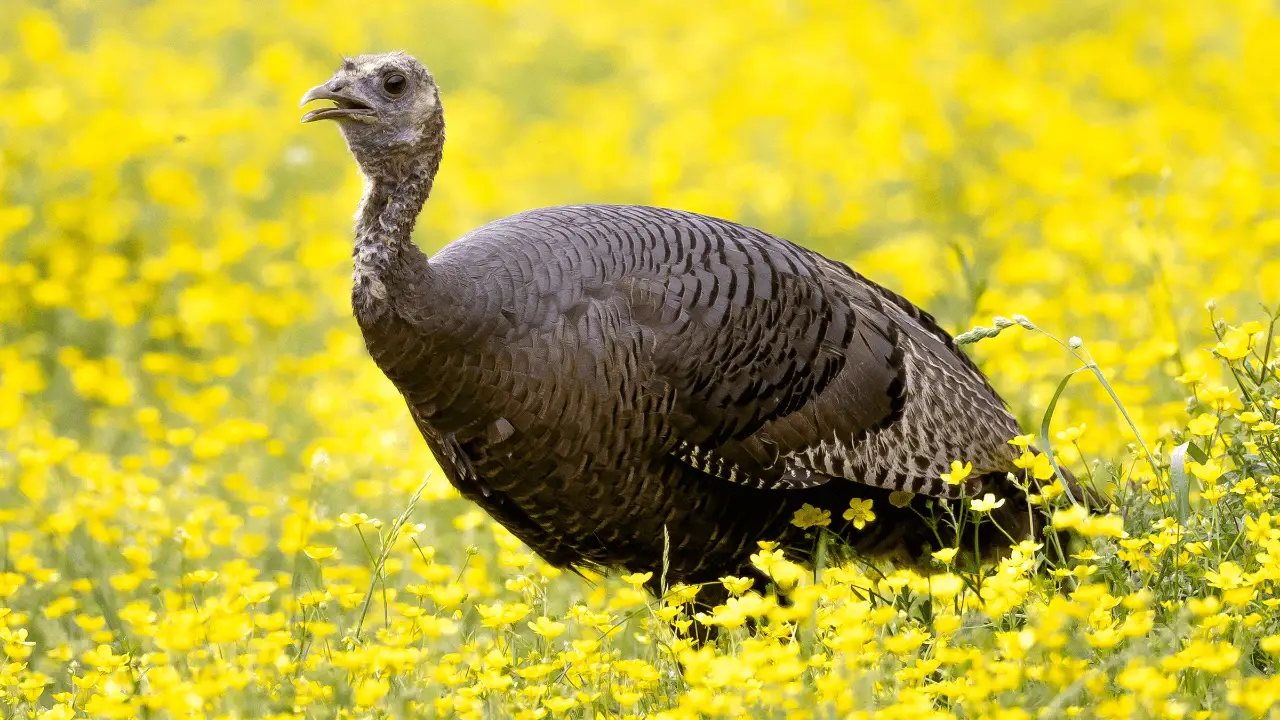Pennsylvania Game Commission is calling on the public once again to aid in the survey of wild turkeys this summer. The Annual Pennsylvania Wild Turkey Sighting Survey will be conducted from July 1 through August 31, inviting residents to participate in an essential wildlife monitoring effort.
Public involvement in this survey is crucial for effective turkey population management. By gathering data from the public, the Game Commission can assess the overall productivity of wild turkeys and compare reproductive success over the long term both within Pennsylvania and with other states. This method is standard practice nationwide and provides valuable data for tracking population trends.
To report turkey sightings, participants can visit the Game Commission’s website at https://pgcdatacollection.pa.gov/TurkeyBroodSurvey. The mobile app previously used for this purpose is no longer available, so participants are encouraged to save the website link for easy access.
Survey participants are asked to report the number of wild turkeys observed, along with details such as the county, township, wildlife management unit (WMU), date of sighting, and contact information in case agency biologists need to follow up. A convenient feature allows participants to drop a “pin” on the map to automatically populate location data, which is used exclusively for the survey and not shared for law enforcement purposes. Additionally, viewers can access raw data and reports from previous years.
“The turkey survey enhances our agency’s internal survey, which serves as a long-term index of turkey reproduction and is used in our turkey population model,” Mary Jo Casalena, Game Commission Turkey Biologist, says. “Participants should report all turkeys seen, whether gobblers, hens with broods, hens without broods, or turkeys of unknown sex and age.”
Several factors influence wild turkey productivity, including spring weather conditions, habitat quality, availability of food from the previous winter, predation, and the harvest from the previous fall. Statewide reproductive success last summer, measured by the number of young turkeys (poults) per hen, was 2.9 poults per hen, slightly down from 3.1 poults per hen in both 2022 and 2021.
Reproductive success at the WMU level shows significant variation. In 2023, 15 out of 22 WMUs had reproductive success rates that were either above or comparable to the previous three-year average. Conversely, seven WMUs fell below this average, which is a slight increase from the six WMUs below average in 2022.
The survey relies on input from both agency personnel and the public, contributing to a robust sample size and reliable results.
“Thanks to the large sample size from all corners of the Commonwealth, we have high confidence in the results,” Casalena says. “Let’s maintain these results in 2024 and even increase participation.”
The Pennsylvania Game Commission encourages everyone to take part in this survey to help ensure the continued health and sustainability of the state’s wild turkey population. By participating, residents can contribute to a broader understanding of these birds and support conservation efforts that benefit wildlife across Pennsylvania.
Photo: Canva
Subscribe to Coal Region Canary
Get email updates from Coal Region Canary by becoming a subscriber today. Just enter your email address below to get started!Support Coal Region Canary
Like our reporting and want to support truly local news in Schuylkill County? Your small donations help. For as little as $5, your contribution will allow us to cover more news that directly affects you. Consider donating today by hitting the big yellow button below ...

































